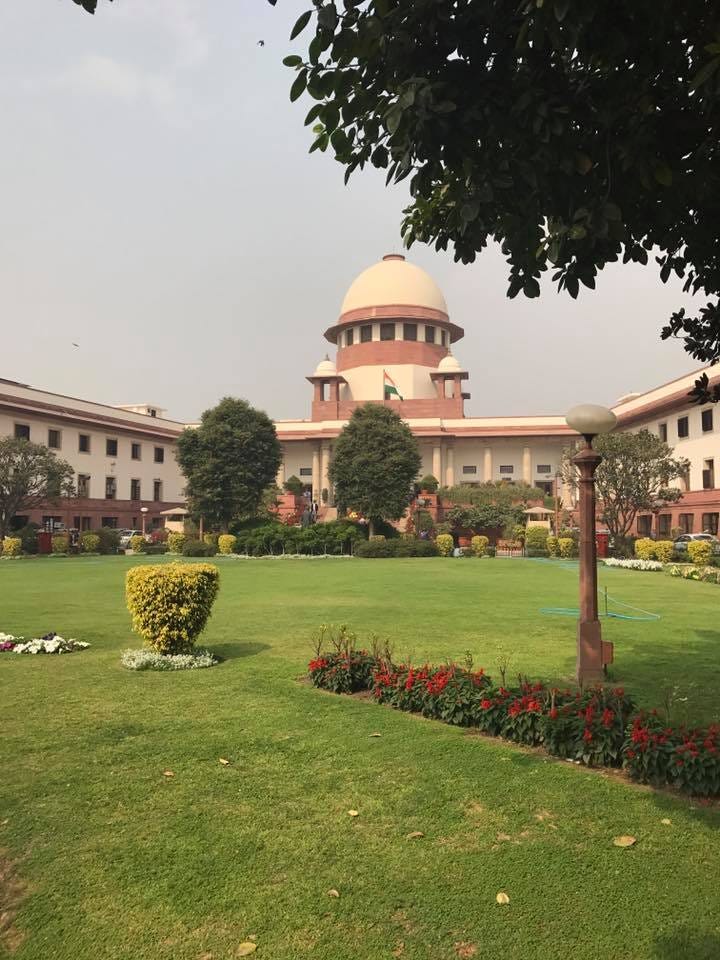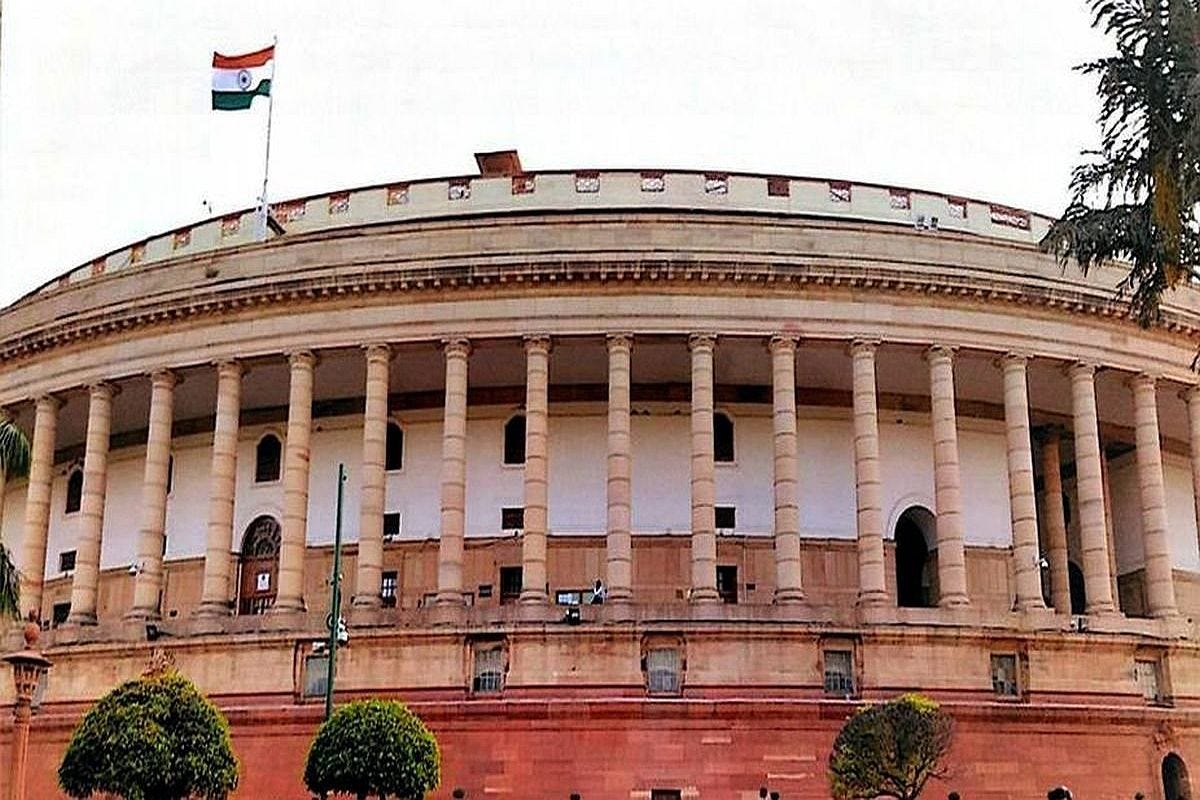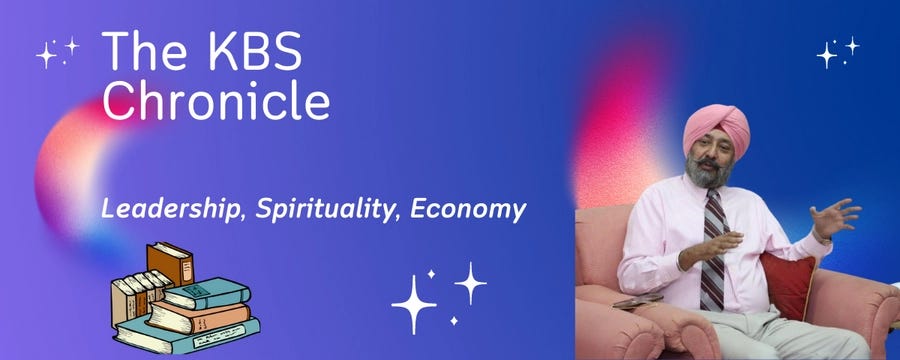Supreme Court (7-0) Overturns its earlier Judgement on Immunity to MPs and MLAs in Bribery Cases.
No Blanket Constitutional Immunity for MPs and MLAs in Cases of Illegal gratification: Supreme Court's Landmark Ruling.
A Turning Point in Indian Parliamentary Democracy
In a groundbreaking judgement delivered on Monday, March 4, 2024, the Supreme Court of India has set a new precedent that has the potential to significantly alter the landscape of parliamentary democracy in the country. Overturning a 25-year-old precedent, a 7-Judge Constitution Bench led by Chief Justice DY Chandrachud declared that Members of Parliament (MPs) and Members of Legislative Assemblies (MLAs) do not enjoy blanket constitutional immunity from prosecution for accepting bribes in exchange for their conduct within the legislature.
Erosion of Democratic Foundations
The Supreme Court's 135-page judgement meticulously dissects the impact of corruption and bribery on the very foundation of Indian parliamentary democracy. The Court emphasized, “Corruption and bribery of members of the legislature erode the foundation of Indian parliamentary democracy. It is disruptive of the aspirations and deliberative ideals of the Constitution and creates a polity which deprives citizens of a responsible, responsive, and representative democracy.”
Overruling the PV Narasimha Rao Judgment
This landmark decision sets aside and overrules the controversial 1998 PV Narasimha Rao judgment, which had previously granted immunity to legislators from prosecution for bribery cases related to their speech or vote in the House, if they fulfilled the promised action or commitment for which the bribe was received. By a 3:2 majority, the 1998 case had effectively shielded legislators under Articles 105(2) and 194(2) of the Constitution, a stance now rectified by the Supreme Court.
The Rationale Behind the Ruling
In overruling the prior judgement, the Supreme Court articulated a clear rationale: the intention behind Articles 105 and 194 is to foster an environment conducive to free debate and deliberation within the legislature. This objective is severely compromised when legislators are swayed by bribery. The Apex Court firmly stated, “Bribery is not rendered immune under Articles 105 or 194 because a member engaging in bribery indulges in a criminal act which is not essential for the function of casting a vote or giving a speech in the legislature.”
The Case of Sita Soren
The catalyst for this monumental ruling was the appeal by Jharkhand Mukti Morcha leader Sita Soren, accused of accepting a bribe for a 2012 Rajya Sabha vote. Following the dismissal of her plea by the Jharkhand High Court, the Supreme Court was compelled to revisit the PV Narasimha Rao judgment. Chief Justice Chandrachud noted the grave implications of the prior ruling on public interest, probity in public life, and parliamentary democracy, underscoring the necessity of this judicial review.
Verdict and Its Implications
After extensive hearings, the 7-Judge constitution bench, comprising Justices AS Bopanna, MM Sundresh, PS Narasimha, JB Pardiwala, Sanjay Kumar, and Manoj Misra, apart from the CJI, had reserved its verdict in October of the previous year. This decision not only corrects a significant judicial error but also sets a new standard for accountability and integrity within India's legislative bodies.
Reflecting on Unanswered Questions
The Ambiguity of Legal Protections
We unambiguously acknowledge the Supreme Court's decision as a significant step towards enhancing the integrity of India's parliamentary democracy. However, it does not fully address several consequential questions and corollaries arising from the verdict. A prime area of uncertainty is whether MPs and MLAs would be entitled to the protection under Section 17A of the Prevention of Corruption Act, 1988. Inserted by Parliament on 26th July 2018, this provision aims to prevent malicious complaints by requiring prior approval from the appropriate government or appointing authority before any enquiry, inquiry or investigation can commence against a public servant, under the aforesaid anti-graft law. Given that MPs and MLAs are considered public servants, the applicability of Section 17A's protections and the identification of the competent authority for granting such approval remain unclear.
The Scope of Bribery and its Implications
Furthermore, the Supreme Court's judgment leaves open the question of whether accepting a ministerial or cabinet position in exchange for a vote constitutes bribery under this new framework. This raises important considerations about the breadth of activities considered corrupt and the implications for public servants' actions beyond the legislature.
Public Servants and Constitutional Immunity
It's also crucial to note that MPs and MLAs, as public servants, even previously did not enjoy any constitutional immunity against prosecution for accepting illegal gratification to influence executive decisions and that position remains unaffected by this judgement. The current judgment also does not concern itself with the issue of disqualification and expulsion due to the operation of anti-defection laws, or breach of Ethical Code of Conduct for the parliamentarians, as evidenced by cases like that of Mahua Moitra, the former TMC Lok Sabha MP from Krishnanagar in West Bengal. This judgement also removes one more legal hurdle in the CBI and ED inquiries against the articulate and telegenic ex-MP, who is facing allegations for having accepted costly gifts and rich hospitality as a quid pro quo for asking questions in Lok Sabha at the instance of a businessman friend, who has now stated on oath that he had access to Mr Moitra’s Lok Sabha MP’s login id and was at liberty to post such questions as he deemed fit.
A Turning Point for Indian Democracy
This judgment marks a potential inflection point for both Indian polity and judicial precedents, aiming to clear the cobwebs of corruption that tarnish electoral democracy. However, the lingering ambiguities and unresolved questions highlight the need for further legal and legislative clarification to fully realize the judgment's transformative potential.
Summing Up
In conclusion, while the Supreme Court's ruling is a commendable move towards upholding the sanctity of parliamentary democracy, it opens up a vista of legal and ethical queries that await resolution. As we navigate these complexities, the judgment serves as a critical reminder of the ongoing battle against corruption and the imperative for continuous vigilance and reform in our democratic institutions. This pivotal moment invites not only legal scrutiny but also a collective reflection on the principles we aspire to uphold in our democratic journey.
Should you be interested to view the LIVE video that I recorded yesterday, immediately after the judgement was out, may click on this link.







